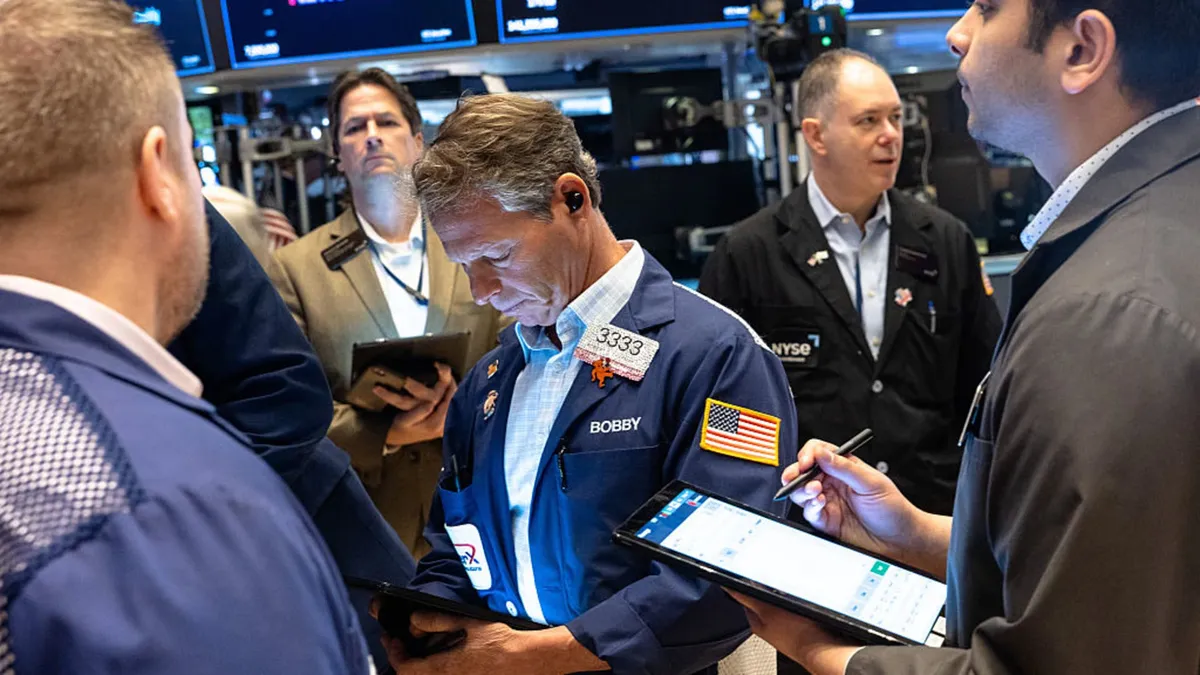
Stock futures experienced an increase on Tuesday evening as Wall Street prepares for the anticipated rollout of President Donald Trump's tariffs on Wednesday. Futures connected to the S&P 500 climbed by 0.3%, while Nasdaq-100 futures saw a 0.4% uptick. Additionally, futures linked to the Dow Jones Industrial Average gained 111 points, translating to approximately 0.3%.
The upward movement in futures comes ahead of the introduction of a series of Trump's reciprocal tariffs that are set to affect all countries. On Tuesday, the White House confirmed that these tariffs would take effect immediately. Treasury Secretary Scott Bessent informed lawmakers that the tariffs announced on Wednesday will essentially serve as a cap, meaning they will represent the highest amounts set. As noted by Rep. Kevin Hern (R-OK) during an interview with CNBC's Emily Wilkins, this will provide countries with the opportunity to take steps to reduce the tariff amounts.
According to a report from The Washington Post, which cited three sources familiar with the matter, the Trump administration is considering imposing tariffs of approximately 20% on most imports entering the country. However, it was also mentioned that advisors have warned that several options remain under consideration, indicating potential changes in the proposed tariff structure.
During Tuesday's trading session, the S&P 500 finished approximately 0.4% higher, fluctuating between gains and losses throughout the tumultuous trading day. The Nasdaq Composite concluded roughly 0.9% higher, while the Dow Jones Industrial Average closed slightly lower. Overall, stocks have faced pressure as uncertainty surrounding Trump's tariffs has led to significant market volatility, with the broad market index declining in five out of the past six weeks.
Despite the prevailing uncertainty, some investors believe the sell-off is exaggerated. Jeff Kilburg, founder and CEO at KKM Financial, expressed his outlook on CNBC's Power Lunch on Tuesday, stating, "I think we're overpriced to the downside here. I think the market has the ability to have a little bit of a 2% to 4% rally to really ease everyone's anxiety."
In addition to the impending tariffs, traders are also focusing on the upcoming ADP employment report for March, which is set to be released on Wednesday morning. Economists surveyed by Dow Jones anticipate that private companies added around 120,000 jobs last month, a notable increase from the 77,000 jobs recorded in February. This report will be crucial for understanding the current state of the job market amidst the backdrop of changing trade policies.